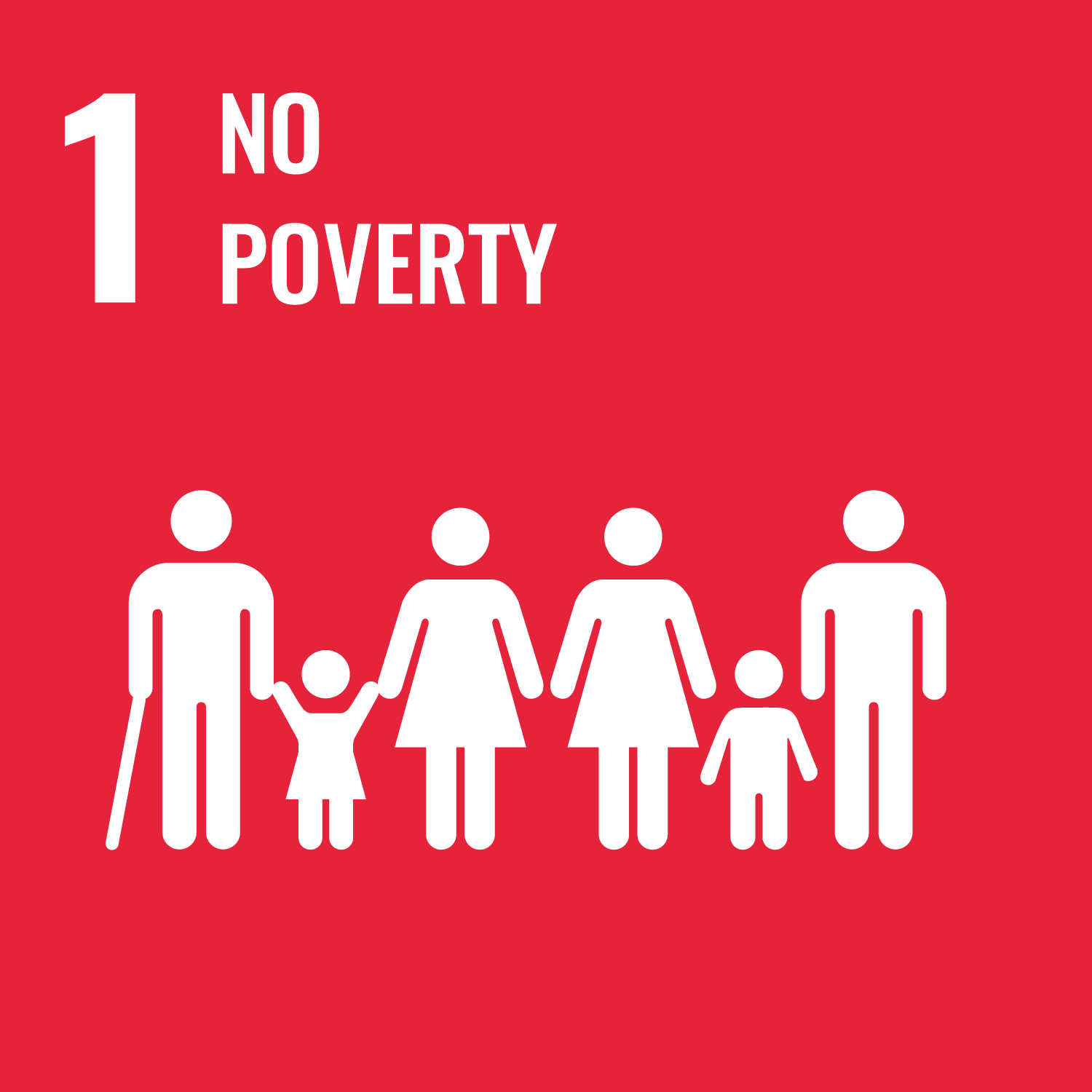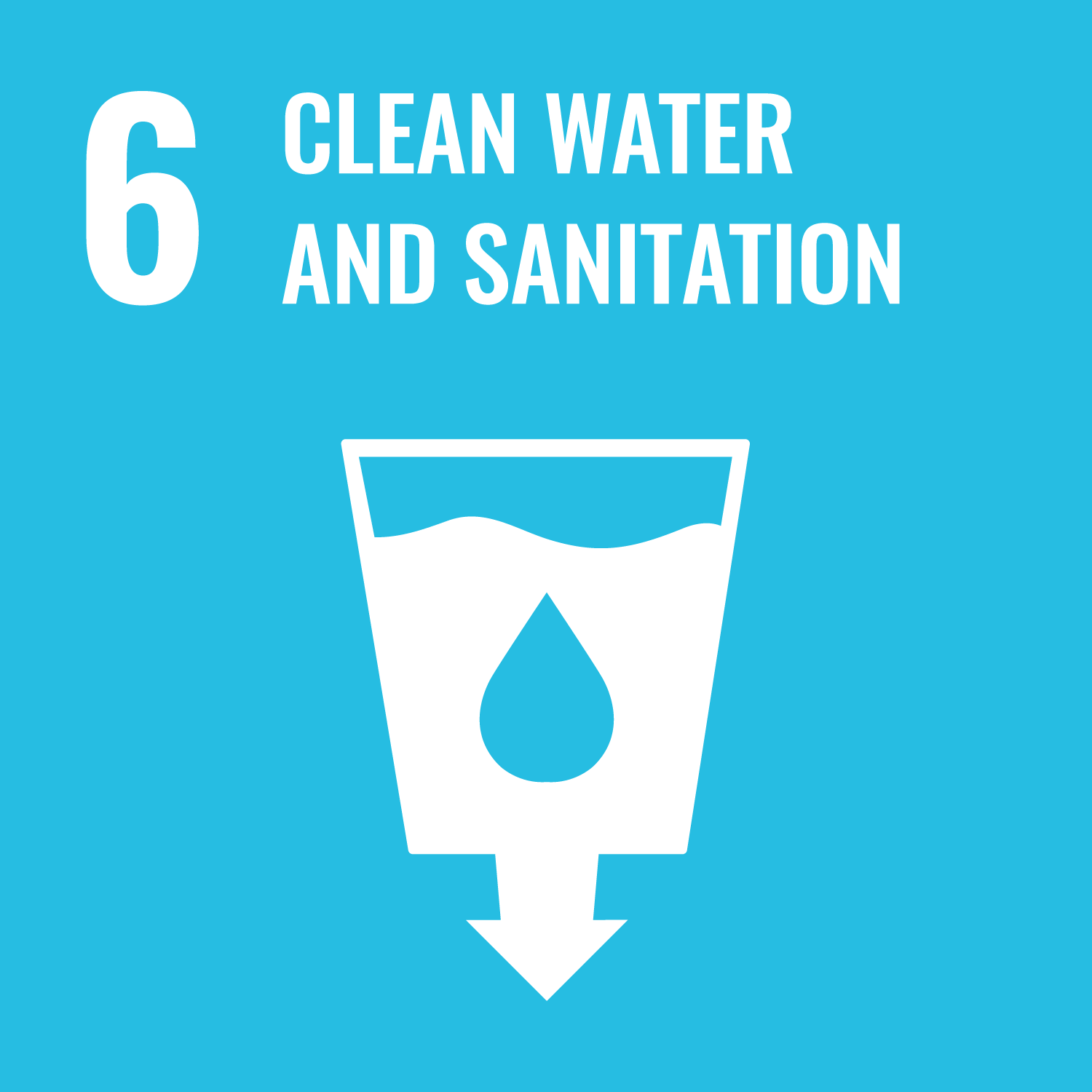Students learn the cycle of discovering issues related to the civil engineering field and proposing, verifying, and evaluating
methodologies for solving those issues. Specifically, students discover problems based on their knowledge of civil engineering
and related fields such as mathematics, mechanics, statistics, and sociology, propose methodologies for solving problems,
verify the methodologies by constructing experimental equipment and environments and programming, and evaluate the methodologies
by verifying accuracy, performance, and conducting questionnaire surveys. We then evaluate the methodology by verifying its
accuracy, performance, and questionnaire surveys.
Students discover issues related to the civil engineering field and learn the cycle of proposing, verifying, and evaluating
methodologies for solving those issues, thereby developing the abilities required of civil engineers. The abilities to be
developed in students are specifically set as “attitude as an engineer,” “problem-solving skills,” “conceptualization and
problem-setting skills,” “writing and dialogue skills,” and “self-learning skills.
- Students understands the background of the subject matter and can explain the significance of the research
- Students are able to use their expertise, perform appropriate experiments and analyses, and draw conclusions
- Students are able to organize issues, apply their expertise, and provide solutions to problems.
- Students are able to produce logical technical writing. Students are able to accurately convey their own opinions while at the same time understanding and appropriately responding to the opinions of others.
- Students can learn independently and continuously, evaluate the results of their learning, and set the next task based on their evaluation.
- Students are able to develop a plan to be carried out within a period of time in the implementation of the research and to follow that plan.
| Evaluation by faculty advisor | Total. | |
|---|---|---|
| 1. | 25% | 25% |
| 2. | 10% | 10% |
| 3. | 10% | 10% |
| 4. | 35% | 35% |
| 5. | 10% | 10% |
| 6. | 10% | 10% |
| Total. | 100% | - |
Evaluation by supervisor
- Seminar activities (Goal 1: 25% (attitude as an engineer), Goal 2: 10% (problem-solving ability), Goal 3: 10% (creativity, problem-setting ability), Goal 4: 35% (writing ability, dialogue ability), Goal 5: 10% (self-learning ability), Goal 6: 10% (seminar activities))
The above "attitude as an engineer", "problem-solving ability", "creativity, problem-setting ability", "writing ability, dialogue ability", "self-learning ability", and "seminar activities" will be evaluated based on the degree of contribution to the seminar that improves the content of seminar activities, including the implementation of one's own research and experiments, cooperation with other students in experiments, the quantity and quality of idea creation, the quantity and quality of opinions, advice to other students, and the quality of submitted work.
- Seminar activities (Goal 1: 25% (attitude as an engineer), Goal 2: 10% (problem-solving ability), Goal 3: 10% (creativity, problem-setting ability), Goal 4: 35% (writing ability, dialogue ability), Goal 5: 10% (self-learning ability), Goal 6: 10% (seminar activities))
The above "attitude as an engineer", "problem-solving ability", "creativity, problem-setting ability", "writing ability, dialogue ability", "self-learning ability", and "seminar activities" will be evaluated based on the degree of contribution to the seminar that improves the content of seminar activities, including the implementation of one's own research and experiments, cooperation with other students in experiments, the quantity and quality of idea creation, the quantity and quality of opinions, advice to other students, and the quality of submitted work.
STEEL STRUCTURE Laboratory(ANAMI, Kengo)
Geotechnical Engineering Laboratory(INAZUMI, Shinya)
Material Design Laboratory(IYODA, Takeshi)
Transportation Science Laboratory(IWAKURA, Seiji)
Social and Educational Psychology Laboratory(OKADA, Yoshiko)
Concrete Structure Laboratory(KATSUKI, Futoshi)
Laboratory for Earthquake-disaster Mitigation(KONNO, Katsuaki)
Present-day English Grammar and Usage(TSUCHIYA, Tomohiro)
Geoinformatics Laboratory(NAKAGAWA, Masafumi)
Economics Laboratory(NAGAHARA, Toru)
Geomechanics Laboratory(NAMIKAWA, Tsutomu)
Hydrology(HIRABAYASHI, Yukiko)
Social Infrastructure Management Laboratory(HENRY, Michael Ward)
River and Environmental Engineering Laboratory(MIYAMOTO, Hitoshi)
Sociology of Education Laboratory(YATAGAWA, Rumi)
Mobility and Infrastructure Laboratory(LE, Yiping)
Geotechnical Engineering Laboratory(INAZUMI, Shinya)
Material Design Laboratory(IYODA, Takeshi)
Transportation Science Laboratory(IWAKURA, Seiji)
Social and Educational Psychology Laboratory(OKADA, Yoshiko)
Concrete Structure Laboratory(KATSUKI, Futoshi)
Laboratory for Earthquake-disaster Mitigation(KONNO, Katsuaki)
Present-day English Grammar and Usage(TSUCHIYA, Tomohiro)
Geoinformatics Laboratory(NAKAGAWA, Masafumi)
Economics Laboratory(NAGAHARA, Toru)
Geomechanics Laboratory(NAMIKAWA, Tsutomu)
Hydrology(HIRABAYASHI, Yukiko)
Social Infrastructure Management Laboratory(HENRY, Michael Ward)
River and Environmental Engineering Laboratory(MIYAMOTO, Hitoshi)
Sociology of Education Laboratory(YATAGAWA, Rumi)
Mobility and Infrastructure Laboratory(LE, Yiping)
The laboratory will be introduced. Please follow the instructions of your class teacher for the timing and content.
| ways of feedback | specific contents about "Other" |
|---|---|
| 授業内と授業外でフィードバックを行います。 |
- Arrange a consultation date and time in advance by email to your supervisor (e.g. during lunch break)
Regionally-oriented graduation thesis, master's thesis and doctoral dissertation
- Course that cultivates an ability for utilizing knowledge
- Course that cultivates a basic interpersonal skills
- Course that cultivates a basic self-management skills
- Course that cultivates a basic problem-solving skills
| Work experience | Work experience and relevance to the course content if applicable |
|---|---|
| N/A | 該当しない |






- 1.NO POVERTY
- 6.CLEAN WATER AND SANITATION
- 9.INDUSTRY, INNOVATION AND INFRASTRUCTURE
- 10.REDUCED INEQUALITIES
- 11.SUSTAINABLE CITIES AND COMMUNITIES
- 13.CLIMATE ACTION
Last modified : Tue Apr 08 04:04:13 JST 2025
